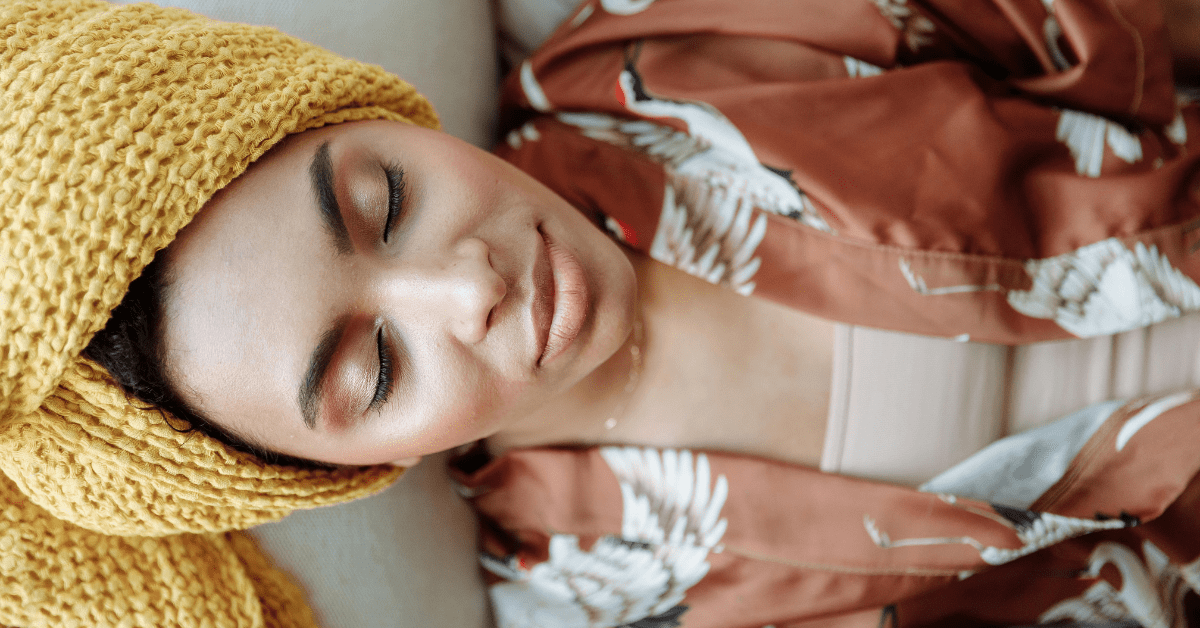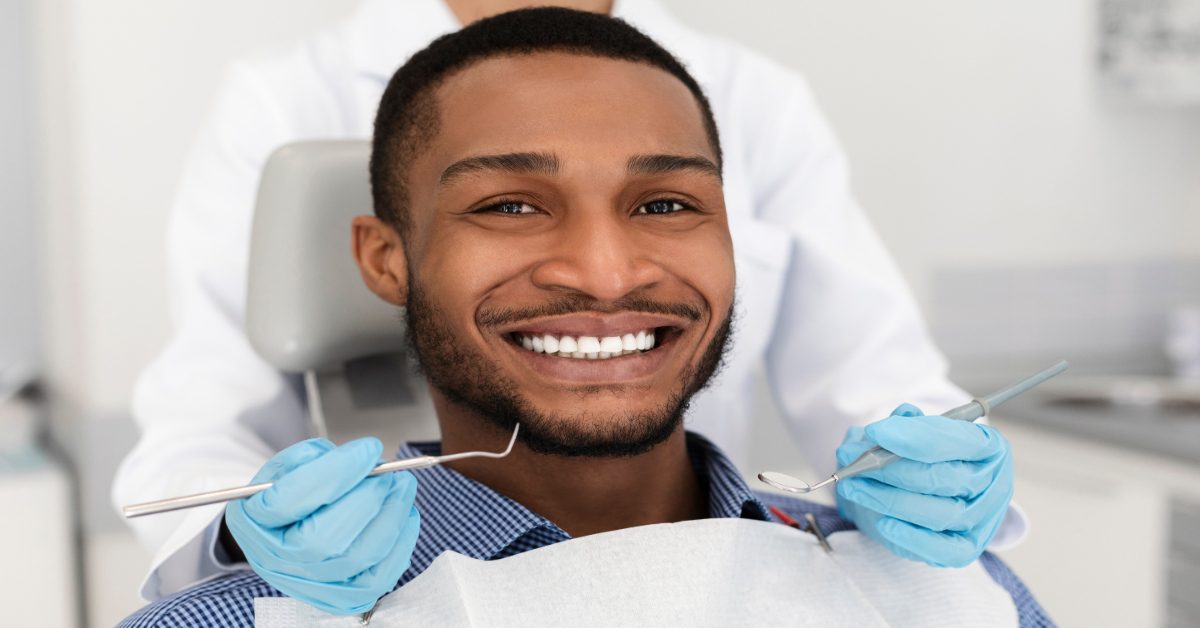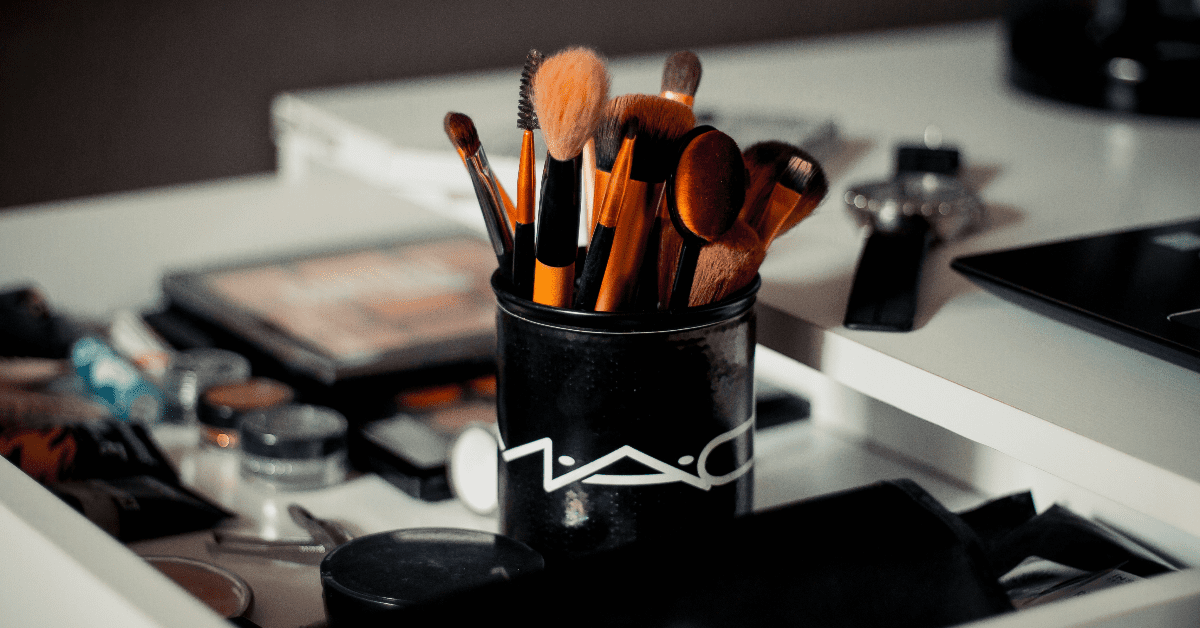BY: Jasmine Franklin
Published 6 months ago

Major brands recognize that micro-influencers have emerged as a powerful force in marketing. Typically boasting between 1,000 and 100,000 followers, these individuals offer brands a unique opportunity to connect with highly engaged and niche audiences. Unlike mega-celebrities, micro-influencers bring authenticity and relatability to the table, fostering deeper trust and connection with their followers.
For brands looking to stand out, partnering with Black or LGBTQIA+ micro-influencers boosts inclusivity and taps into diverse communities with unique perspectives and loyal followings. Here are ten popular brands that love to work with micro-influencers.
Your Favorite Brands Who Work With Micro-Influencers
Fenty Beauty

Rihanna’s Fenty Beauty has always prioritized diversity and inclusion. The brand actively collaborates with Black and LGBTQIA+ micro-influencers to showcase its extensive range of shades and inclusive products. These influencers share personal stories and makeup tips, making beauty accessible and relatable to all.
Glossier

Glossier has built its reputation on listening to its community. The brand frequently works with LGBTQIA+ micro-influencers who provide honest reviews and creative content. This collaboration helps Glossier maintain its image as a brand that cares deeply about individuality and self-expression.
Nike

Nike has a long history of supporting diverse athletes and influencers. This brand frequently partners with Black and LGBTQIA+ micro-influencers to promote its products and campaigns. These influencers often highlight their personal fitness journeys, inspiring their followers to embrace an active lifestyle.
MAC Cosmetics

MAC Cosmetics embraces boldness and diversity. The brand’s partnerships with Black and LGBTQIA+ micro-influencers celebrate the beauty of individuality. These influencers create stunning makeup looks and share their stories, resonating with a broad audience and promoting a message of inclusivity.
ASOS

ASOS, the online fashion retailer, works with various micro-influencers to showcase its extensive clothing lines. Black and LGBTQIA+ influencers often feature in their campaigns, sharing unique styling tips and personal fashion stories. This approach helps ASOS connect with a diverse customer base.
Savage X Fenty

Savage X Fenty, another of Rihanna’s ventures, celebrates all body types and identities. The brand collaborates with Black and LGBTQIA+ micro-influencers to promote its inclusive lingerie collections. These influencers share empowering messages and body-positive content, reinforcing the brand’s commitment to inclusivity.
Adidas

Adidas frequently partners with Black and LGBTQIA+ micro-influencers to highlight its diverse range of athletic wear. These influencers showcase how Adidas products fit into their active and everyday lives, creating authentic content that resonates with their followers and promotes a healthy lifestyle.
Lush Cosmetics

Lush Cosmetics stands out for its ethical and inclusive practices. The brand works with Black and LGBTQIA+ micro-influencers to spotlight its cruelty-free and handmade products. These collaborations often focus on self-care routines and environmental advocacy, aligning with Lush’s core values.
Levi’s

Levi’s is firmly committed to social justice and equality. The brand partners with black and LGBTQIA+ micro-influencers to promote its iconic denim and apparel. These influencers share their personal style and activism, reinforcing Levi’s message of individuality and freedom.
Bumble

Bumble, the dating app, champions inclusivity and empowerment. The brand collaborates with Black and LGBTQIA+ micro-influencers to create content that promotes healthy relationships and self-love. These influencers often share their dating experiences and tips, helping Bumble foster a supportive community.
Micro-influencers bring authenticity and relatability that larger influencers often can’t match. They bridge the gap between brands and consumers, creating a genuine connection.









